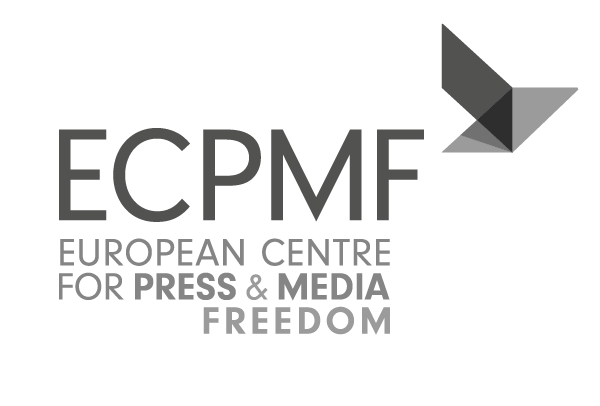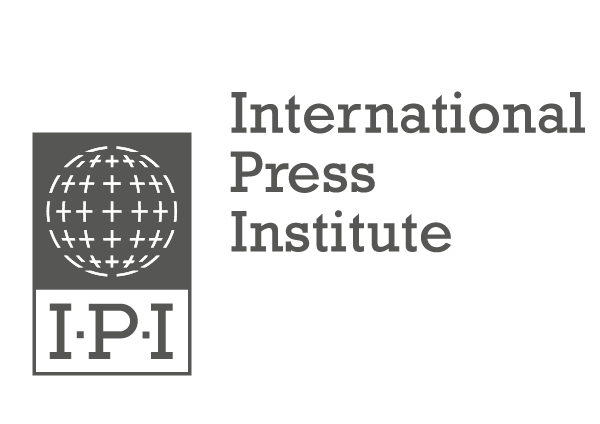Words by Ianka Bhatia and Henrik Choy
Turkey has faced severe turmoil since last Friday’s attempted military coup. While it was ultimately thwarted, 290 people were left dead as of 18 July with many more injured. In response, the government has since cracked down on dissent and suspended the European Convention on Human Rights, with more than 50,000 people rounded up, sacked or suspended from their jobs.
In addition, the country has seen an increase in violations against media workers, with journalists murdered, held hostage, arrested and physically attacked, as well as having equipment confiscated or destroyed. These violations have raised concerns from the Organisation for Security and Co-operation in Europe, whose representative on freedom of the media, Dunja Mijatović, has said: “Fully recognising the difficult times that Turkey is going through, the authorities need to ensure media freedom offline and online in line with their international commitments.”
Worries over these freedoms have only increased since President Erdogan announced on Wednesday that Turkey would be in a state of emergency for the next three months, enabling the government to initiate arrests and investigations in response to the failed coup.
Here are five reports from Index on Censorship’s Mapping Media Freedom project that give us most cause for concern.
Journalist killed by pro-coup soldiers
Turkish media reporting that local photojournalist Mustafa Cambaz was killed during failed coup https://t.co/mcy0YqEYOe
— Jerome Taylor (@JeromeTaylor) July 17, 2016
15 July, 2016: Mustafa Cambaz, a photojournalist for the pro-government newspaper Yeni Safak, was shot and killed by soldiers during the failed coup attempt. Earlier that day, he had tweeted: “We are taking the streets following our commander-in-chief Erdogan’s call and order”. The Committee to Protect Journalists was quick to condemn the attack, with the Europe and Central Asia Program coordinator Nina Ognianova calling on “Turkish authorities to punish those responsible for killing Mustafa Cambaz to the full extent of the law”.
Military raids TV channels
15 July, 2016: Renegade members of the Turkish military seized control of several media outlets and studios throughout Turkey, taking hostages and disrupting broadcasts. In Istanbul, soldiers gained control over the Dogan Media Center, which contains multiple news outlets including Hurriyet newspaper, the English-language Hurriyet Daily News and television stations CNN Turk and Kanal D.
Hostages were also taken in Ankara, where a news anchor for state broadcaster Turkish Radio and Television was forced to read a televised statement announcing the coup attempt at gunpoint. All hostages were eventually released and broadcasting resumed as normal by the morning of 16 July.
Regulatory body blocks access to news websites
TİB blocks access to news websites over #Turkey coup attempt https://t.co/bwTK54dZWC via @TurkishMinuteTM
— Frank Nordhausen (@NordhausenFrank) July 18, 2016
17 July: Turkey’s telecommunications regulatory body, TIB, blocked access to five websites including media outlets Gazetport, Haberdar, Medyascope, ABC Gazetesi, and Can Erzincan TV. Twenty more were blocked two days later following approval from a judge.
Release of list of journalists to be detained
Pro-gov’t #Twitter user claims dissident journalists to be detained, gives names #Turkeyhttps://t.co/ScSWAOomb7 pic.twitter.com/cCHmHEu6IT
— Turkish Minute (@TurkishMinuteTM) July 18, 2016
18 July: A pro-government Twitter user released a list of journalists who were accused of involvement in the coup and therefore subject to arrest. Journalists from both state and privately run media outlets were included on the list, which was circulated via social media at a time when public authority figures began to take measures to shut down websites that were critical of the government.
Accreditation of 34 journalists taken away
19 July: At least 34 journalists had their press credentials revoked in the aftermath of the coup. The decertifications impacted journalists from a variety of media outlets, including the daily newspaper Meydan, the liberal Taraf, Nokta magazine and Irmak TV. The Directorate General of Press and Information of Turkey stated the decertifications were done for the sake of national security in the aftermath of the coup.
Mapping Media Freedom logged a number of threats to press freedom from Turkey over the past seven days. Here are the rest of the reports:
15 July: One hour after the first reports of the coup attempt, social media sites, including Facebook, Twitter, and Youtube, were blocked. Access was eventually restored.
15 July: A photographer for Hurriyet, Selcuk Samiloglu, was physically attacked by a group of men while attempting to cover clashes on the Bosphorus Bridge.
15 July: CNN Turk cameraman Ahmet Akpolat was restrained by the neck and verbally threatened by military personnel when he refused to comply with a demand to hand over a tape during a raid of the Dogan TV building in Istanbul. His camera was broken.
15 July: Three CNN Turk reporters — Goksel Goksu, Fulya Ozturk and cameraman Onur Ozel — were beaten and their equipment damaged when they tried to film developments in Taksim Square.
18 July: Several Turkish TV channels, including Halk TV, IMC TV and Hayatin Sesi TV, were temporarily blocked.
19 July: The office of Istanbul newspaper Gazetem Istanbul was vandalised by several dozen men claiming the publication had supported the failed coup.
19 July: Valentin Trushnin, a reporter for Russian TV channel REN, was revealed to be on Turkey’s “banned foreigners list” when he was taken into custody at Ataturk Airport.
19 July: Turkish Radio and Television Supreme Council canceled broadcasting licenses for 24 TV channels and radio stations due to their alleged ties to the Gülen movement.
20 July: Local police barred LeMan, a satirical Turkish magazine, from printing and distributing its newest issue, a special edition on the failed coup.
20 July: Access to Wikileaks was blocked after it released 30,000 emails from President Erdogan’s Justice and Development Party (AKP).
20 July: The office of Meydan was searched and editor-in-chief Levent Kenez and editorial manager Gulizar Baki were arrested. They have since been released.
21 July: Ozgur Dusunce (Free Thought) newspaper columnist Orhan Kemal Cengiz and his wife Sibel Hurtas were arrested upon arrival at Istanbul’s Ataturk Airport. Hurtas has since been released.





